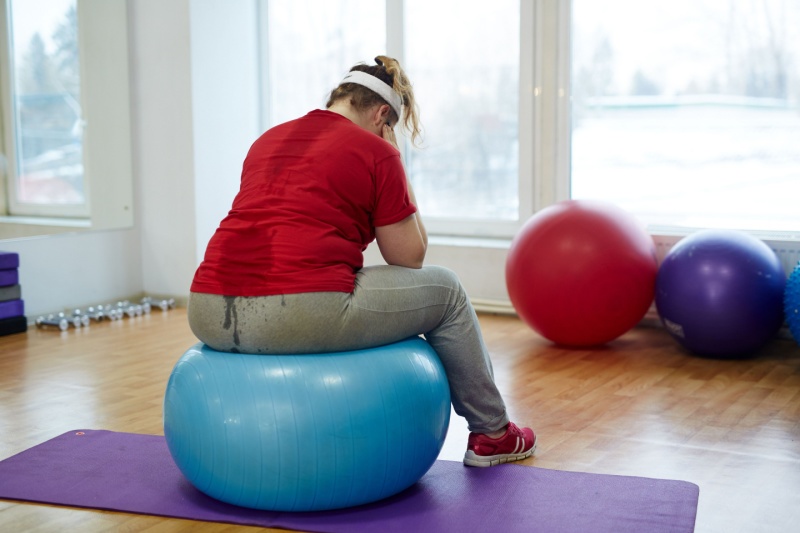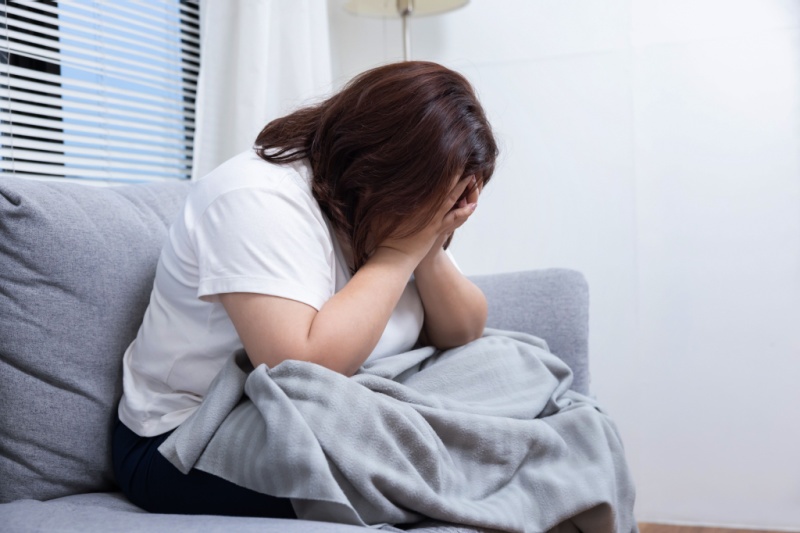Body shaming refers to expressing critical and negative opinions about someone’s physical looks. This harmful act can be directed towards one’s own body or someone else’s, concentrating on elements like size, age, clothing choices, diet, hair, or general appeal.
What you need to know:
- Understanding body shaming
- Impact on women’s mental health
- Factors contributing to body shaming
- What can we do about body shaming?
Understanding body shaming

In contemporary society, there is a prevalent belief that slimmer physiques are superior and indicate better health than larger bodies. However, this perspective was not always the case. Artworks and stories globally dating back before the 1800s demonstrate a celebration of plump figures.
Historically, healthy bodies were often seen as a symbol of affluence and access to abundant food, whereas a leaner physique was associated with a lack of resources and poverty. Societal preferences evolved from valuing heavy bodies to favouring slimmer ones. This transformation is traced back to mid-nineteenth century England, coinciding with the publication of the first diet books, marking a significant shift in beauty and health standards. In addition, excess weight can also be caused by certain genetic and medical conditions, such as thyroid, diabetes, and heart conditions, making body shaming a distasteful and insensitive practise.
Body shaming involves humiliating someone’s body size or appearance, fostering unhappiness or self-hatred. This often takes the form of negative self-dialogue. Body shaming can happen in person or on social media and can come even from your family, friends, acquaintances, or strangers. Casual remarks about a person’s eating habits or physique can constitute body shaming. Comments meant as diet advice or praises for losing weight, regardless of intention, fall under body shaming as well. Frequently, those close to us might not aim to cause distress with their words, but statements like “Have you lost weight?” or “Should you be eating that?” can still inflict pain, often without their knowledge.
Impact on women’s mental health

However, body shaming can profoundly affect one’s emotional health, potentially leading to serious issues such as:
- Eating disorders
- Depression
- Anxiety
- Body dysmorphic disorder
- A negative self-image
- Low self-esteem
- Isolation and loneliness
Factors contributing to body shaming
Body shaming is a problem affecting people of all sizes, regardless of their physique. This is mainly because of societal attitudes towards diet and body weight, which can influence anyone. However, the probability of facing weight discrimination varies among different demographics. The groups least likely to experience body shaming include:
- Cisgender males
- Heterosexual students
- Individuals with higher-income
- Individuals who do not perceive themselves as being overweight
What can we do about body shaming?
Here are 3 things that we can do to stop body shaming collectively:
- Creating an inclusive environment: Welcome people of all sizes, shapes, and abilities. For example, retailers can include an extensive range of clothing sizes and display mannequins of various body types.
- Education: If you witness an individual being body-shamed by someone or an organization, consider being an ally. We should all be aware of the mental impact of body shaming and be mindful.
- Build healthy relationships: Go to support groups and campaigns to form relationships with people with the same mindset about body shaming. Start having discussions about body positivity, an idea where you foster a positive body image regardless of how popular culture sees the ideal shape, size, and appearance.
It is essential to develop self-compassion and self-care in the age of social media. Do not forget to enhance your physical health, as it is much more important than physical appearance. Body shaming is a pervasive issue that affects individuals across all walks of life, undermining self-esteem, fostering unhealthy behaviours, and perpetuating a cycle of discrimination and negativity. We can shift the narrative towards a healthier, more inclusive world.
Stay tuned to the Activ Living Community. Keep up to date with the latest health tips and trends through expert videos, podcasts, articles, and much more in nutrition, fitness, mindfulness, and lifestyle conditions like Asthma, Blood Pressure, Cholesterol, and Diabetes. Activ Living ke saath sahi sehat ki shuruaat ABHIkaro.
You may also be interested in the following blogs:
- Negative Self-Talk: Tips To Overcome It And Boost Your Confidence
- Sedentary Lifestyle And Diabetes: Transform Passive Life To Active Life
Popular Searches
How to lower blood pressure | Fruits good for liver | Unhealthy foods | Ragi Benefits | Basal Metabolic Rate | Acupressure points for High Blood Pressure | Ayurvedic medicine for blood pressure | How to control cholesterol at home | Homeopathy for Asthma | Biological Age | Home remedies for TB | Natural beta blockers | Negative effects of internet | Types of walking | Blood pressure calculator | Blood sugar calculator | BMI Calculator





 1800-270-7000
1800-270-7000







Informative